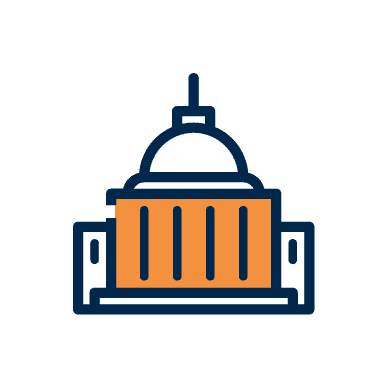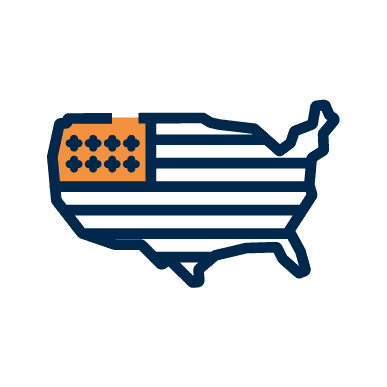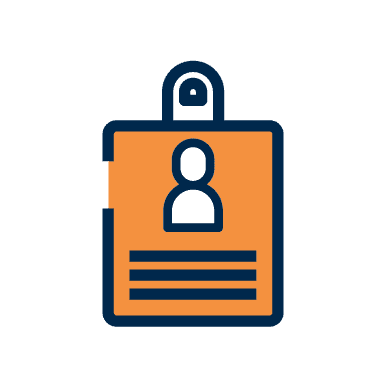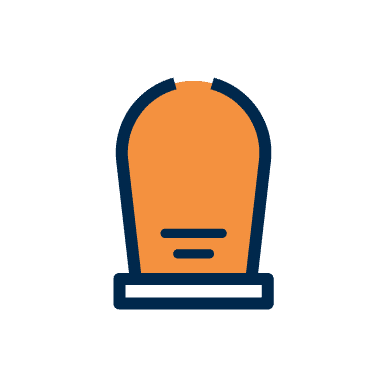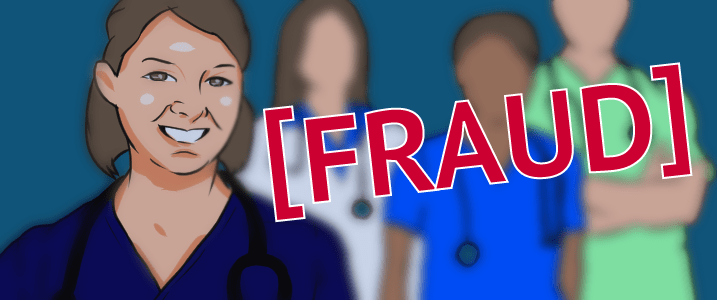Nurse Fraud
Nurses have become heavily involved in a spate of health-care related fraud news in recent years. One of the most controversial reports of fraud from the Department of Justice was in 2011, which involved eight Miami nurses who billed Medicare $18.7 million for services never provided. Another high-profile case involved two Virginia nurses’ aides in 2013, who used hundreds of patient data for tax fraud.
In a career where caring comes first, it doesn’t make sense how a nurse can commit fraud willfully and deliberately.
Perhaps the key to solving the fraud situation with nurses lies in understanding what they go through on a daily basis. As a disclaimer, this is in no way justifying or condoning fraudulent medical providers. Yet, nurses can become vulnerable to fraud for a number of reasons; chief among them could be because of the numerous pressures and demands of their job.
Long hours and overtime work
For starters, a hospital nurse sometimes works for 12 hours straight. According to a report from the American Nurses Association, 56% of nurses reported that their usual shift was ten hours or more. Fifty-five percent of nurses worked more than 40 hours per week, and 53% put in mandatory or unplanned overtime work every month.
Because a nurse’s tasks can be physically, mentally, and emotionally taxing, working for long hours may impair one’s judgment. A chapter called The Effects of Fatigue and Sleepiness on Nurse Performance and Patient Safety from the Patient Safety and Quality: An Evidence-Based Handbook for Nurses clearly states that “Sleep loss is cumulative and by the end of the workweek, the sleep debt (sleep loss) may be significant enough to impair decision-making, initiative, integration of information, planning and plan execution, and vigilance.”
Juggling multiple responsibilities
Nurses handle many different tasks ranging from recording patients’ medical histories, to operating and monitoring medical equipment, to helping perform diagnostic tests and analyzing their results, through to mopping up bodily fluids. Not only are they constantly on their feet – they need to be on their toes for emergency situations, too.
Occupational hazards
A nurse’s job is hardly easy and risk-free. With the kind of long hours and physical demands of this medical career, it’s no wonder 74% reported being concerned about the acute or chronic effects of stress and overwork. The nursing profession has one of the highest risks of exposure to deadly bacteria, hazardous chemicals, and infectious diseases. And as a study by a team from Curtin University of Technology based on a survey of 2,354 nurses revealed, 92% said they had been verbally abused by patients, 75% said they had experienced some form of violence in their job, and 52% said they had been physically assaulted. These alarming statistics seem to say that nursing can both be a thankless job, and a dangerous one.
Susceptibility to fraud
While there are no clear-cut causes as to why nurses would commit fraud, the susceptibility to do so could stem from several reasons: stress from work, unhealthy competitiveness, and other triggers that might make a nurse stray from the right path.
Like doctors, nurses commit to first and foremost, “do no harm” and on the other hand all of this work-related stress can lead to medical fraud bringing on financial, physical, and psychological harm for both victim and perpetrator.
How can we protect our nurses from committing fraud, and hurting people in the process?
5 Tips to Help Prevent Healthcare Fraud
- Proper training, screening, and thorough supervision
Unsupervised staff, no matter what tasks they have, can be tempted into committing anything from petty larceny to out and out fraud. Temptation can come in the form of unrestricted access to patients’ personal files, prescription medication, physicians’ official stationery, and other documents and supplies that can be turned into tools for fraud.
The first important preventive measure for a healthcare organization is to properly screen their employees and staff using a reliable exclusion screening system. It’s a good idea to follow this with proper training complete with guidelines, penalties and consequences for mistakes, and rewards or incentives for good behavior.
- Tighter data security
Data breach usually happens because information is easily accessible on a shared computer in a healthcare facility. In the case of the Virginia nurses’ tax fraud case, the names, addresses, dates of birth and Social Security numbers are among the information easily accessed and used to their advantage. Beefing up security in the form of unbreakable passwords, a CCTV system, and monthly follow-up exclusion screening can deter nurses from even thinking about committing fraud.
- Stricter “first-offense” punishment
“I was not aware/informed’ has become a battlecry for nurses who (consciously or unconsciously) make medical-related mistakes. This kind of response and attitude minus appropriate corrective action could encourage nurses to become less careful, and even embolden them to commit bigger “mistakes”. Fraud is usually the result of getting away unpunished with a lesser crime. To avoid this, provide strict rules against any kind of wrongdoing in the workplace, along with their corresponding disciplinary action.
- Provide sufficient protection against harassment
Revenge could become a good motivation for fraud. Nurses who experience harassment, verbal, psychological, or physical abuse, threats, or assault, can justify committing a crime by saying that their employer/patient/supervisor was “asking for it”. To prevent this, establish a clear communication and counseling system that allows nurses to open up about any possible troubles they may be going through. It’s a proactive way to show them that you value their time, skills, compassion, and experience, and will not allow any form of harassment to affect their work and well-being.
- Incentivize blowing of the whistle on fraudsters
As many of the fraud cases involving nurses go, there really seems to be strength in numbers. Many commit fraud as a pair or in a group, simply because they can organize bigger, more complicated schemes and cover up each others’ tracks easily. You can nip this potential scenario in the bud by incentivizing a whistle-blowing system where staff can be rewarded or promoted for telling on colleagues, vendors, suppliers, or other healthcare providers who are committing (or have committed) fraud.
Resources:
https://www.advisory.com/daily-briefing/2011/02/09/eight-nurses-sentenced-to-prison-for-medicare-fraud
http://allnurses.com/home-health-nursing/fraudulent-documentation-162347.html
http://www.nursingcenter.com/journalarticle?Article_ID=646884



